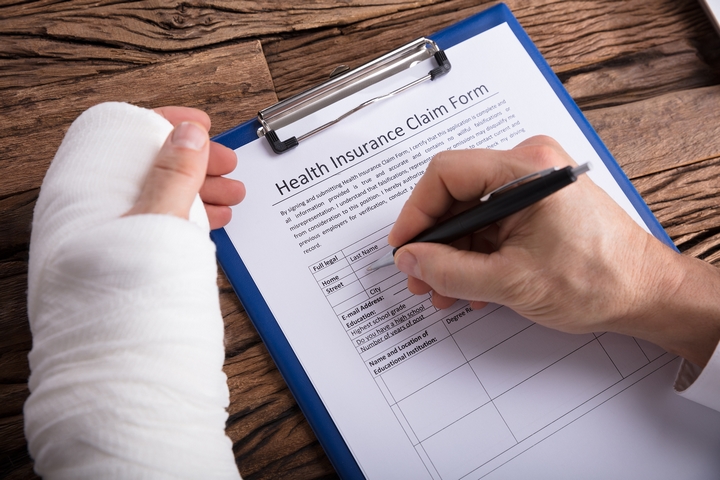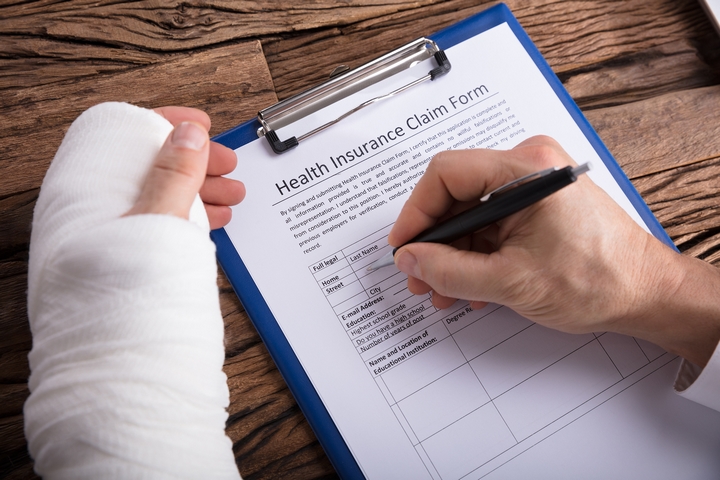How to File Personal Injury Claim Against Landlord

Getting an injury, no matter the extent, can be rather cumbersome. Of course, you will have to face the physical ramifications, which could be short or long-term. If the injury itself is that of the latter, then there are a ton of factors that play a role. Namely, you may have to consider the setting where the injury took place.
This situation could be extra tricky for those with a living arrangement where a landlord is present. That is because there could be an instance where you take your landlord to court. If the right circumstances align, you may be able to file a claim against this party and fight for owed damages. Just be sure to remember the following first to get prepared.
Tip #1: Personal Injury

For example, living in an apartment or condo may have various benefits. Depending on the living arrangement’s status, you may also be in for a great time. Unfortunately, suffering a personal injury while living on these premises is all too common. Should you receive harm here, you must communicate this to your landlord.
Most of the time, a landlord will be willing to work with you in good faith. Sometimes, working with them to resolve the issue might be impossible. No matter what your situation may be, always make sure to prioritize your recovery from the injury. You can consult professionals like Walker Head for legal matters. However, you must be in good condition to proceed first!
Tip #2: Documenting the Injury

Before you reach out to a lawyer, you should backtrack just a bit. By and large, your personal injury claim is dependent on several factors working in your favour. Therefore, it is always recommended to document the stages of the injury incurred. You might, for example, have taken photos of the apartment’s status beforehand as a start.
Post-injury, these photos or video footage become all the more important for legal proceedings. Documenting the journey can help bolster your claim in one of several ways. Your lawyer, of course, will best be able to instruct you on how efficient your material is. Even if it does not help, document or record it and store it for future use.
Tip #3: Unresponsive Landlord

As mentioned, your landlord will try to work with you to obtain a reasonable result. However, there may be instances where they are not being as responsive to you before and after the injury. For example, your emails, texts, or calls have gone unanswered, which reflects on them. Ensure all correspondence is maintained, which will go a long way in court.
Tip #4: Getting A Lawyer

Legal representation will be paramount when taking your landlord to court. If the landlord is unwilling to cooperate, you will have no choice but to get a lawyer. Thankfully, personal injury lawyers are available for these particular situations. They can talk about your circumstances thoroughly and create a path forward.
Before you move forward with one, speak to a few personal injury lawyers. Each professional has their own set of standards or procedures for filing a claim. Ask them any questions you may have; no question is too unimportant to bring to light! After you are okay to proceed, you will be set for the work ahead.
Tip #5: Filing The Claim

After you have decided to work with your lawyer, the next step will be to file for damages owed. Your lawsuit’s extent will depend on what type of injury is present. This could be bolstered by the environment you are living in too. It could enhance the claim’s viability if it is in poor shape.
Tip #6: Negotiating

At some point during the legal proceedings, both lawyers will negotiate with each other. After deliberating with the judge on what to do, both parties will continue to argue on behalf of their client. Be prepared to wait a while, as this aspect could take some time.
Tip #7: Settlement

Sometimes, your landlord may not want to risk further court processes. Should their lawyer come to you with a settlement offer, make sure to go over the details. If the offer appears right, it could be a great way to end the proceedings.
You will be left with several options after going to court. Ensure your recovery is not obstructed and your living arrangement is repaired accordingly. Then, just concentrate on your long-term healing!



